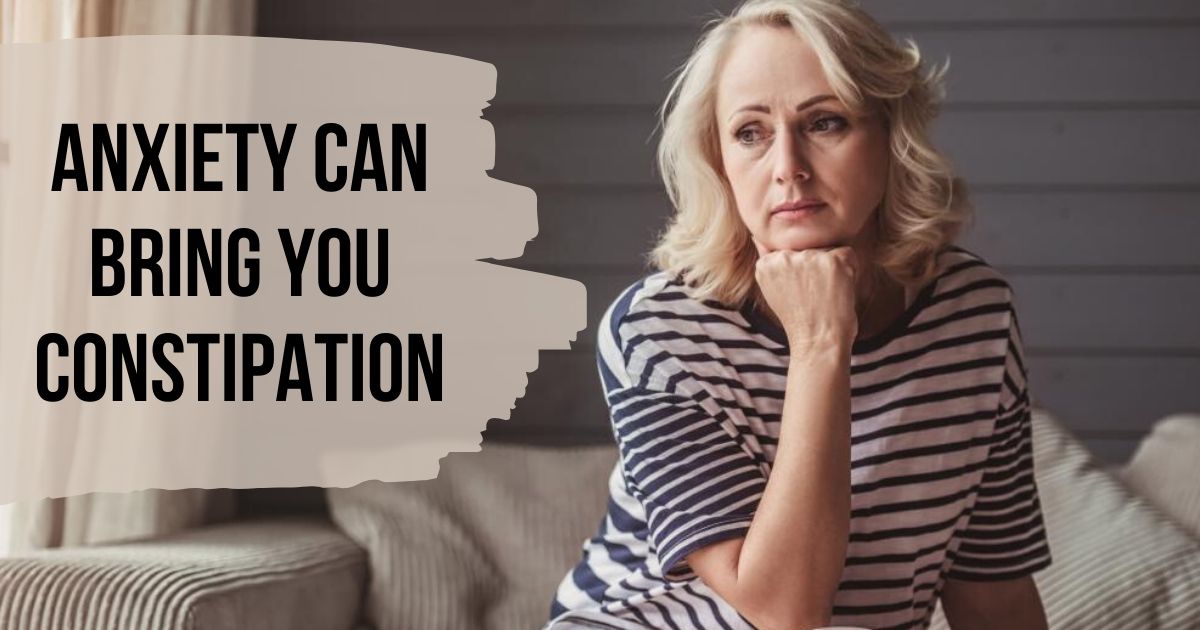Why does anxiety cause Constipation?
Have you ever encountered a gut-wrenching feeling when you are anxious or overly stressed? Well, this is a sign of proof that your brain and your gastrointestinal tract are in sync. Several studies have shown us that our digestive system behaves according to our mental wellbeing.
This communication between our brain and the digestive system is important for several bodily functions. So, this means that the health of your digestive system depends also upon your mental wellbeing. Constipation is a common digestive problem that occurs as a result of anxiety and stress. This is termed as psychogenic constipation.
Why does Anxiety cause Constipation?
- The vagus nerve, part of the enteric nervous system which is located in the gastrointestinal tract contains neurons that communicate back and forth with your brain and the rest of your nervous system. During periods of heightened anxiety, there is increased serotonin in your digestive tract which causes spasms to occur in your stomach and colon. If the spasms occur through your colon, it can cause diarrhea. If spasm occurs in an isolated area of the colon, constipation can occur.
- During stressful or anxious situations, the adrenal glands in our body release a hormone called epinephrine which is a part of the ‘flight or fight’ response. This epinephrine redirects blood from the intestine and to the vital organs such as the heart, lungs, and brain. This reduced blood flow to the intestine reduces intestinal movement and constipation can occur.
- Corticotrophin-releasing factor (CRF) is another hormone that the body releases under anxiety or stressful situations. This hormone acts directly on the intestines by slowing down bowel movements and causing constipation
What can you do to stop Constipation?
Some of the best ways to control anxiety and stress-related constipation are to improve diet, consume plenty of water, and eat plenty of fibre. Ideally, it is best to avoid using laxatives unless the doctor instructs so. Regular physical activities and exercise promote bowel movements. This can control Constipation.
- Avoid consuming foods with high sugar and foods that are fatty in nature.
- Avoid smoking and consuming alcohol.
- Practice Yoga and do other workouts. These can reduce stress and anxiety, and in that process can also improve bowel movement and control constipation.

